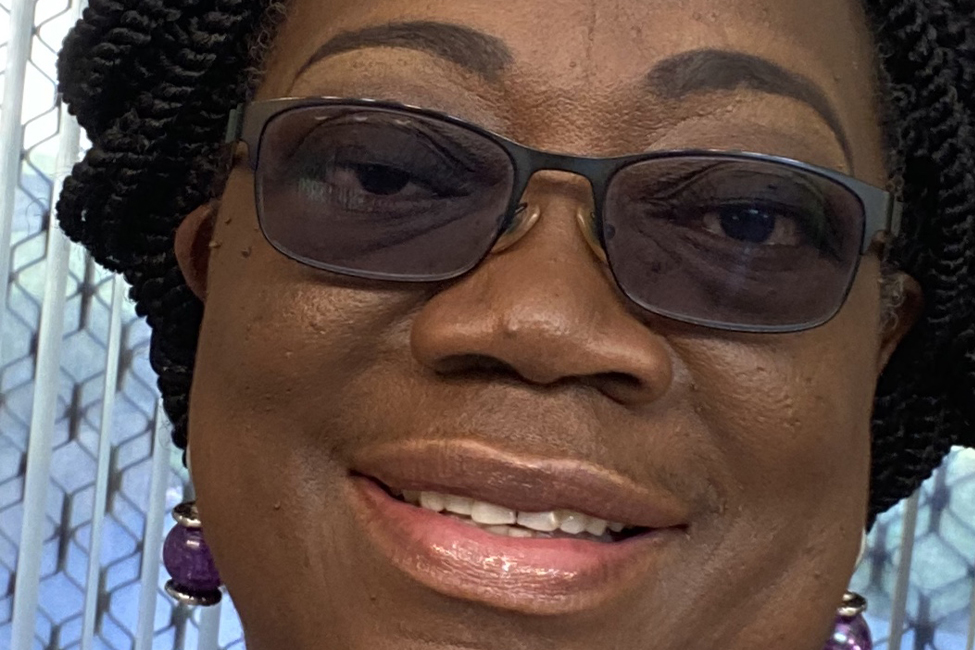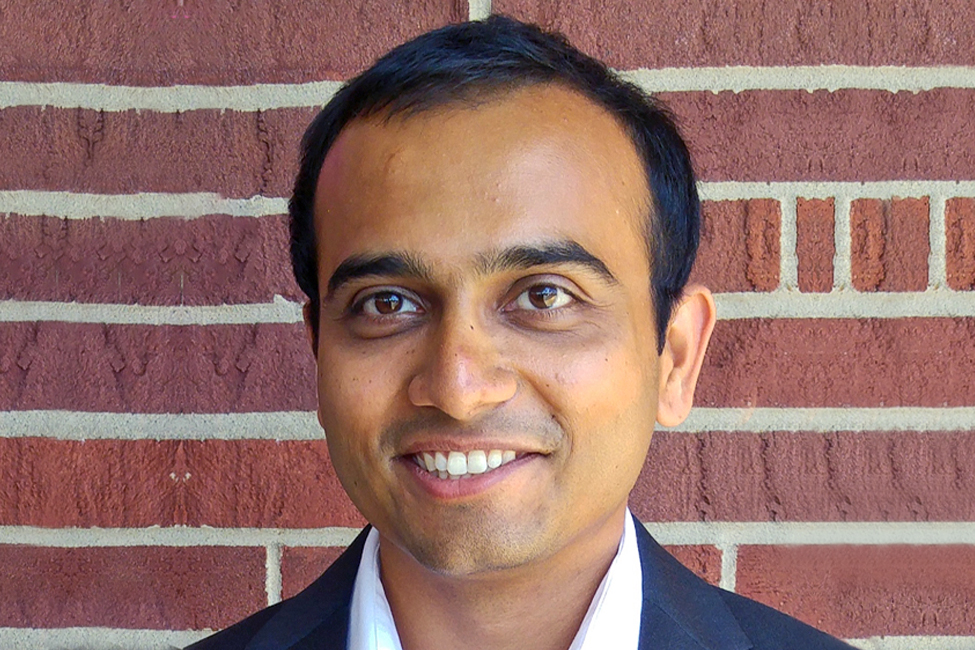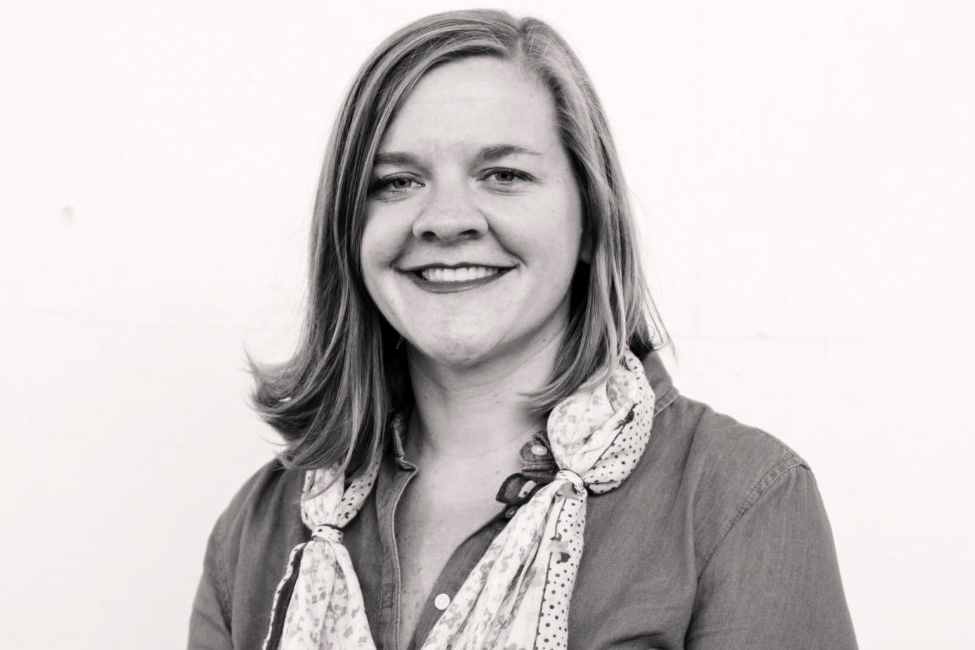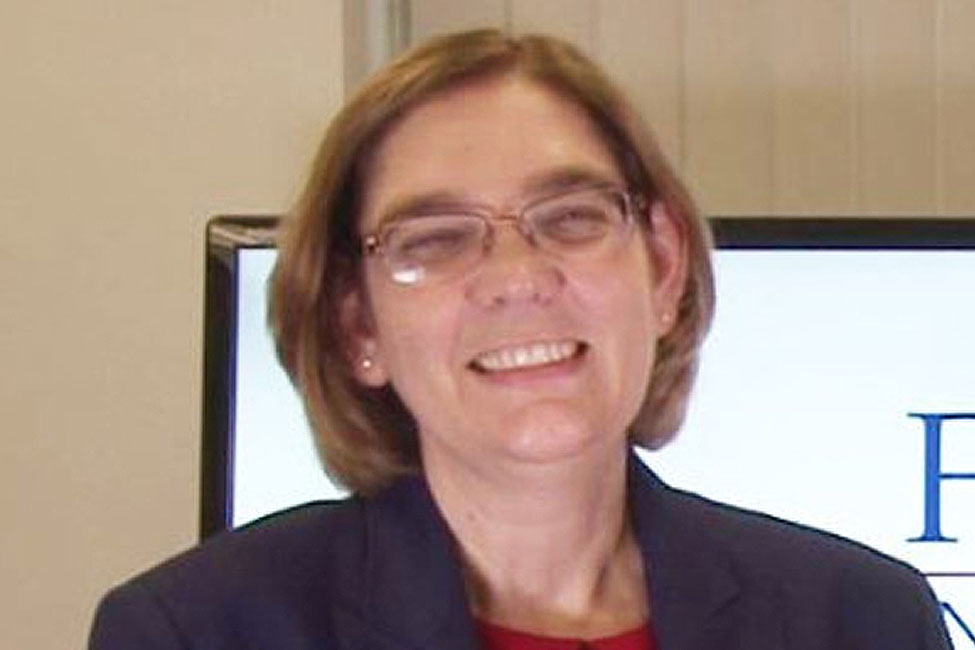Dr. Cynthia Archibald
Friday, Sep 25, 2020
Dr. Cynthia Archibald is an Associate Professor in the Christine E. Lynn College of Nursing, Davie Campus. After gaining clinical nursing experience working in Neonatal and Pediatric Nursing, she gained some teaching experience at Howard University where she earned her BSN and MSN. Later her family relocated to Florida and she joined the FAU family in 1996 as an instructor, and taught Clinical Nursing. She also made the time to work at local hospitals through various agencies to support her doctoral journey, earning her Ph.D. from Barry University in 2003.
"I have taught many classes at FAU over my tenure including Maternal-child, Pediatric Nursing, Pathophysiology, and Community Health. Most recently, my classes have been Nursing Research which provides the basic science to undergraduate students, and Creating Healing Environments” Dr. Archibald said. “Creating Healing Environment teaches the multiple approaches to providing care from Environment/Nature, Architecture, Technology, and Diversity and Justice. This class focuses on healing; it highlights that while curing might not be achievable, individuals can be healed on order to transition peacefully."
Dr. Archibald is also the Davie Campus Coordinator. Her area of research is HIV/AIDS Prevention and Control Among Afro Caribbean Population. She started her program of research in 2008 with a focus on the Afro-Caribbean church community.
"Bringing conversations about HIV/AIDS to my community was not popular then because of the religious-induced stigma,” Dr. Archibald said. “After receiving support from our College of Nursing (CELCON), the Florida Nurses Foundation (FNF) and the National Institutes of Health (NIH/NINR), I was able to introduce the community to HIV, when the leaders requested my assistance in addressing teen pregnancy. From there I was able to make the link with the risk-behavior conversations which have direct link to HIV/AIDS with my community.” Dr. Archibald has conducted multiple studies in HIV/AIDS prevention in the Caribbean Churches in Miami-Dade and Broward County churches. “Today the intolerance to HIV and to people living with the disease has abated and is now addressed from pulpits,” Dr. Archibald said. “As a result of my research, risky sexual behavior is an open conversation. There has been a significant difference in the incidence of teen pregnancy which suggests more responsible sexual decision-making and lower risks for HIV. Now I co-host HIV discussions on risk-behaviors for HIV as I mentor the next generation in local and international communities of faith in Florida and Jamaica."
Dr. Archibald said that taking her research to Jamaica (a region where HIV/AIDS is second only to sub-Saharan Africa) and her native country, was one of her highest points in her career. "During my sabbatical two years ago, the National Institutes of Health advised me to conduct some preliminary studies in Jamaica. That was the best advice for my sabbatical. I received local funding there. I was immersed."
Dr. Archibald, who has received numerous grants for her HIV/AIDS research, was nominated as Distinguished Teacher for the College of Nursing recipient of the Making A Difference Award (FAU) and Distinguished Faculty for Broward Campuses. She says watching students develop into caring professional nurses that are now making a difference in the lives of people affected by the COVID-19 pandemic brings her the greatest joy. “I am also exuberant when I see my Davie nurses walk across the graduation stage. I relive their stories: the challenges along the way, and the joy of the moment which sometimes bring me to tears,” she said.
For students considering careers in nursing, Dr. Archibald said: "Congratulations for choosing a profession that has been the most trusted occupation for the last 20 years despite the challenges associated with it," she said. "Nursing is an essential profession that brings caring and all the associated ingredients to the patient-nurse space in order to provide comfort and healing to society’s most vulnerable populations."


